Careers Service
Turn your passion for Human Rights into a career that can make a difference.
Having obtained the EMA Diploma, many graduates find job opportunities with human rights organisations (both governmental and non-governmental, international and national), which might put them to work in field missions (electoral observation, human rights monitoring, international cooperation projects) or as officials taking care of the activities carried out at headquarters. In a number of cases, graduates are involved in human rights-related activities by their home Ministries of Foreign Affairs or are seconded by them to work for international institutions. In many cases, access to these institutions starts with an internship period. Some graduates pursue further academic studies and research.
Graduate survey
Each year we survey the previous 3 cohorts of EMA graduates to learn about their employment status. On average, 96% of our graduates are employed within the first 6 months following graduation. Our alumni work in national, international, governmental, inter-governmental and non-governmental organisations, as well as research institutions. Some graduates have started their own company or provide consulting services to various organisations.
You can explore more unusual careers in human rights by visiting The Road Less Traveled, an initiative curated by an EMA alumna.
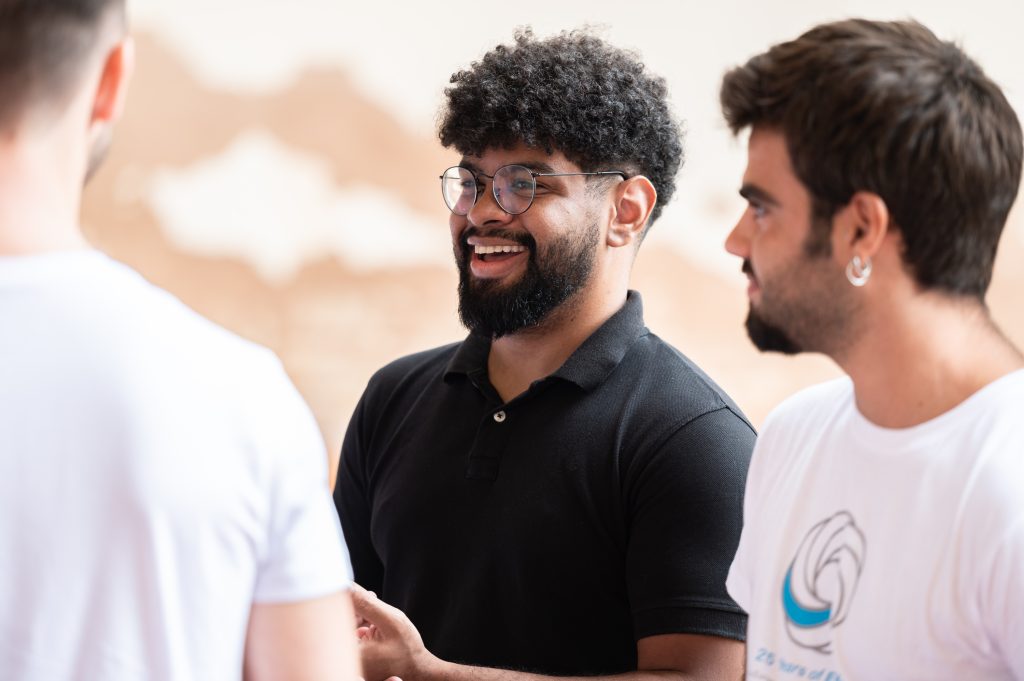
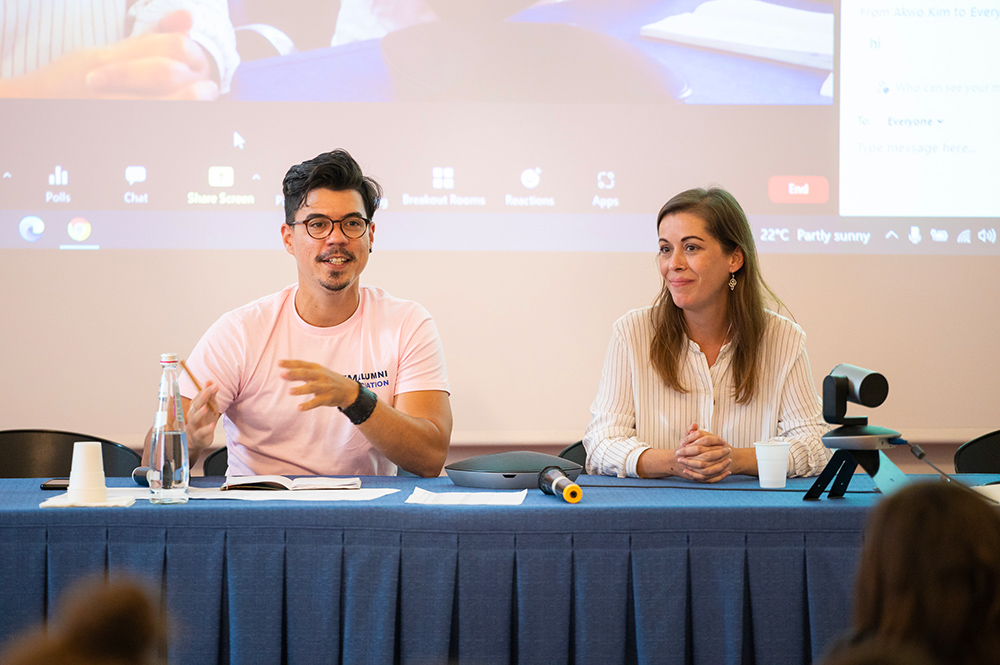
EMAlumni Career day
Each year alumni from different generations come to Venice and share their experiences and advice with current students. This #CareerDay, organised by EMAlumni Association, is a great opportunity to discuss career perspectives and to learn firsthand about the different career pathways and choices made by graduates at the programme and to connect with the large EMAlumni community.
As an alumna told us, “The human rights’ field is probably one of the most interesting fields to be in, but it can also be very challenging, professionally but also personally.”
EMA career accelerator programme
This programme is for students who are taking their first steps in the professional world and takes place online during the second semester, when students usually begin to browse for internships and junior vacancies. It comprises a series of webinars focusing on finding employment opportunities; building a professional network; and exploring the top 3 skills which are identified by the students as priority areas via a skills self-assessment mapping exercise.
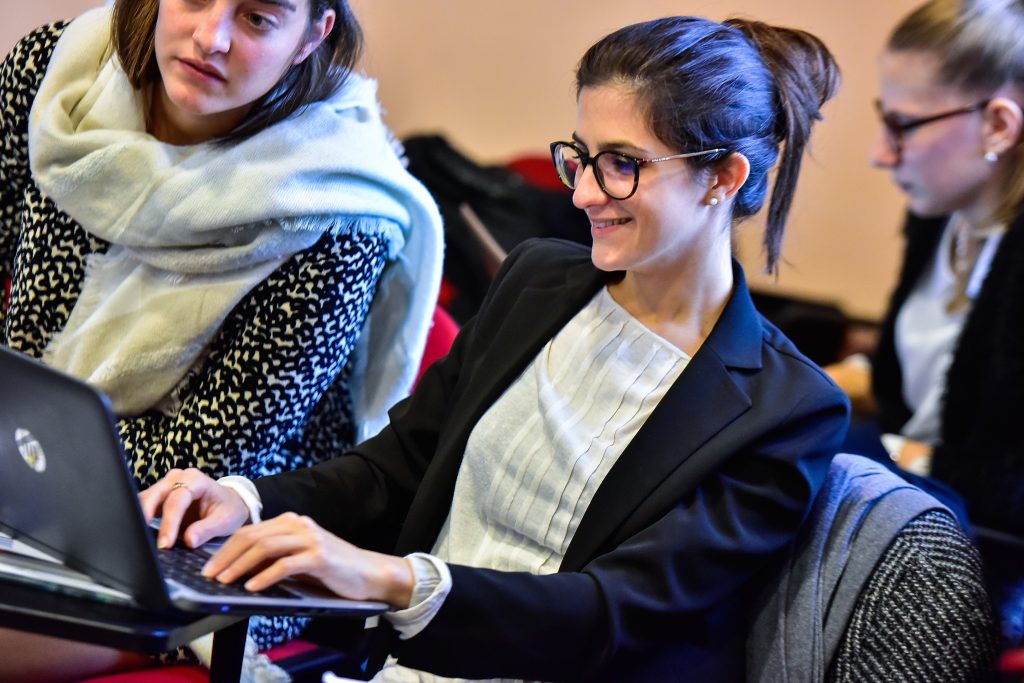
EMA Internship programme
The EMA Internship Programme, supported by the European Commission, stands as a transformative opportunity for recent graduates, offering a unique path to professional growth. The top 15 graduates of each cohort are offered a paid five-month internship with renowned organisations, including inter-governmental, governmental and non-governmental organisations.

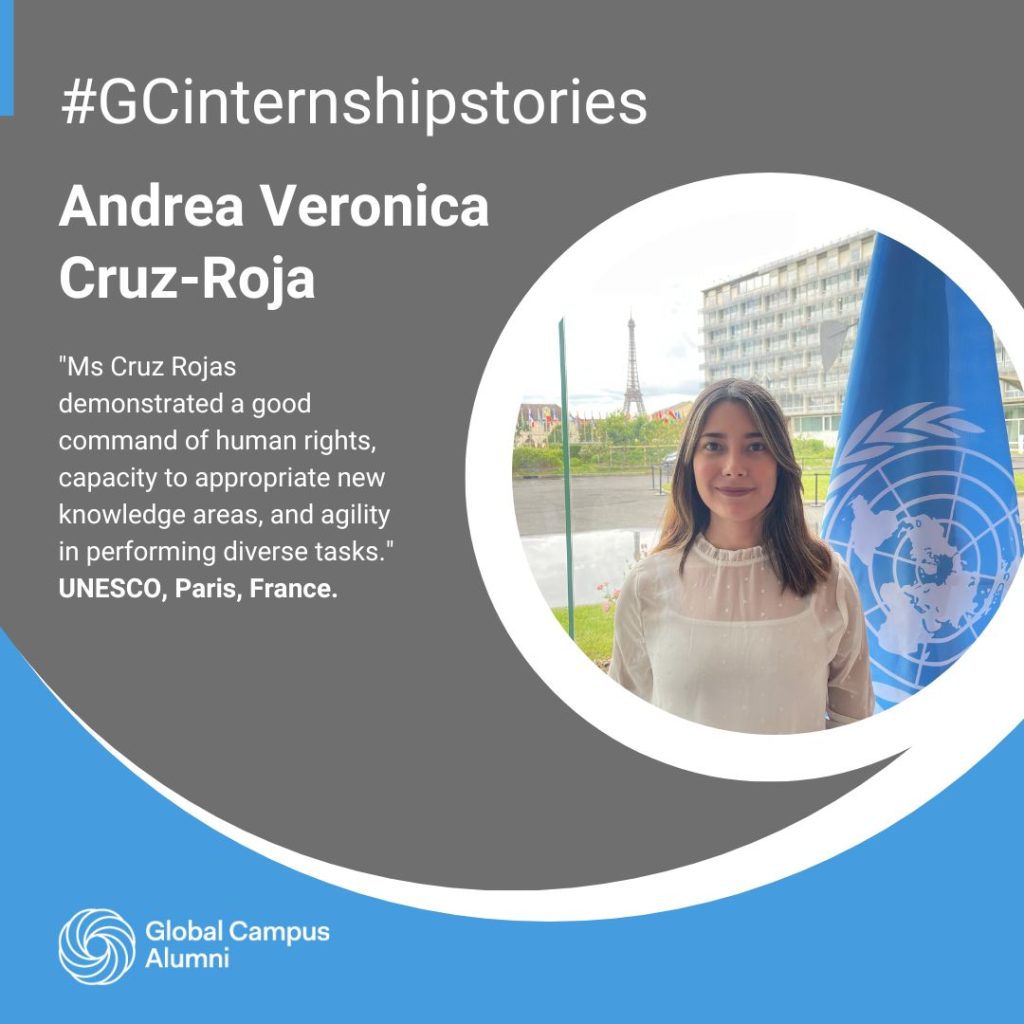


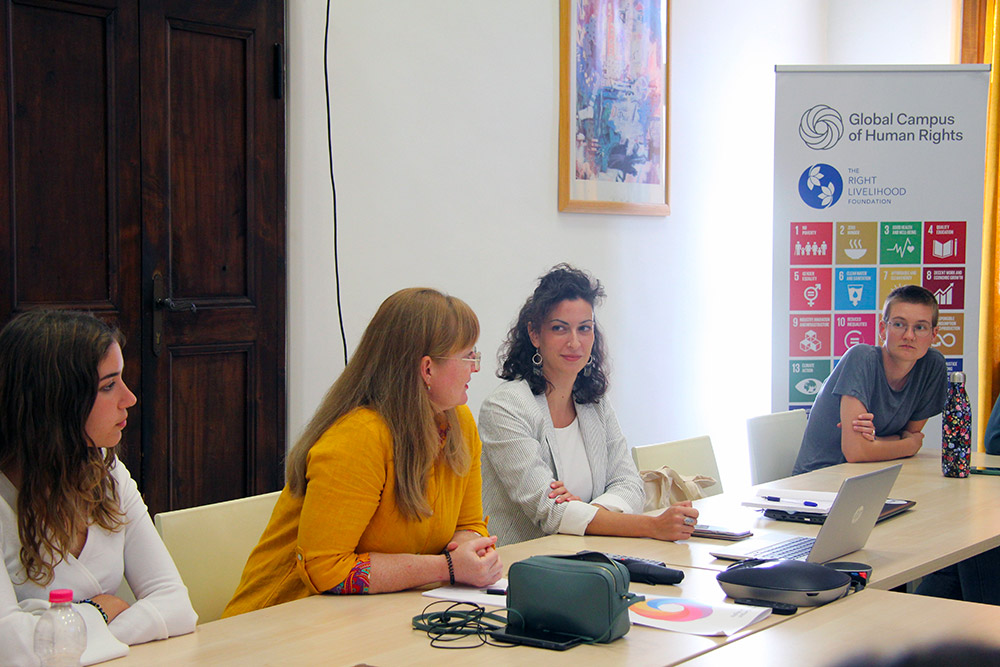
Mentoring programme
This programme connects new graduates with more experienced alumni for guidance and exchange of ideas. It is a learning partnership by which mentees meet their mentors regularly to receive support on their professional and personal development, including career paths, exploring options, setting goals and strategies to achieve them. Mentors listen, question and offer advice once the mentee has had the opportunity to explore the options for themselves.
EMAlumni association
Once you have graduated from the EMA programme you will be part of the EMAalumni association, a community defined by peer learning, professional development and social bonds. You will meet their representatives at the EMA graduation ceremony!
You will also be part of Global Campus Alumni (GCA), the largest human rights alumni network with over 4000 graduates from around the world comprising all alumni from the Global Campus Master’s programmes. GCA organises activities, networking events and connects with Global Campus partners to promote the skills and ideas of the alumni.
